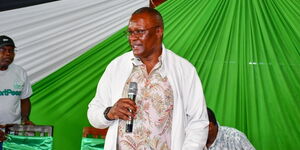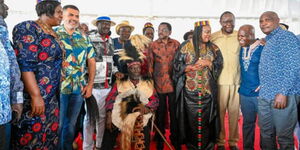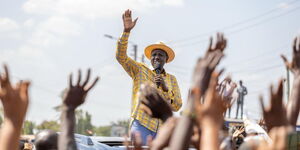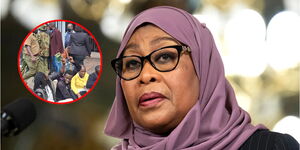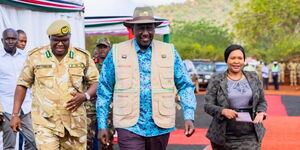The Betting Control and Licensing Board (BCLB) has debunked reports that Kenyans spent Ksh766 billion in 2024 on gambling alone.
In a statement dated April 20, the board termed this figure as sensational and aimed at misleading not only policymakers but also the public on the economic reality of licensed operators.
"Debunking the Ksh766 billion myth recently reported in the media, claiming that Kenyans spent Ksh766 billion on gambling in 2024, a figure roughly equivalent to 31 per cent of national revenue," part of the statement read.
"The sensational figure inaccurately inflates the size of the regulated market, likely by including offshore (unlicensed) platforms."
According to BCLB, taxes related to the gambling sector that were collected in the 2024/25 financial year totalled Ksh22.3 million.
Additionally, the board noted that 10,000 Kenyans are directly supported through the business, and over 500,000 livelihoods are supported indirectly. It also reportedly contributes substantial amounts to community projects under corporate social responsibility (CSR).
However, it also noted that several initiatives had been taken to ensure that the oversight of the industry was carried out effectively.
Among these is having a functional complaints section to receive patron grievances, where the board noted no cases of people taking their own lives have been registered.
Another initiative was organising public sensitisation campaigns in recognition that gambling is a demerit good and also enforcing existing guidelines developed in 2019 to guide the industry on the advertisement of gambling activities.
The board has also deployed advanced technology to monitor licensed operators in real time, detect unlicensed sites, and implement swift administrative and regulatory sanctions.
Stricter licensing, compliance and application requirements through regular audits, surprise inspections, and license revocations for non-compliant operators are also among initiatives carried out by the board.
It has also revamped and launched a national self-exclusion programme, allowing individuals to voluntarily bar themselves from all gambling services, a step that the board says has resulted in very few requests for self-exclusion reports.
Furthermore, BCLB has expanded collaborations with health institutions and non-governmental organisations to provide counselling to those who may be affected by gambling activities. This includes a requirement for operators to install 24/7 hotlines for those who may seek assistance and inpatient treatment for those affected by gambling disorders.
The board further noted that they advocated for a certain percentage of total gross gaming revenue to be earmarked for addiction prevention and rehabilitation services.
Lastly, it has also set out legislative measures, including drafting the Gambling Control Bill, 2023, that is before the mediation committee of the Senate and National Assembly.

